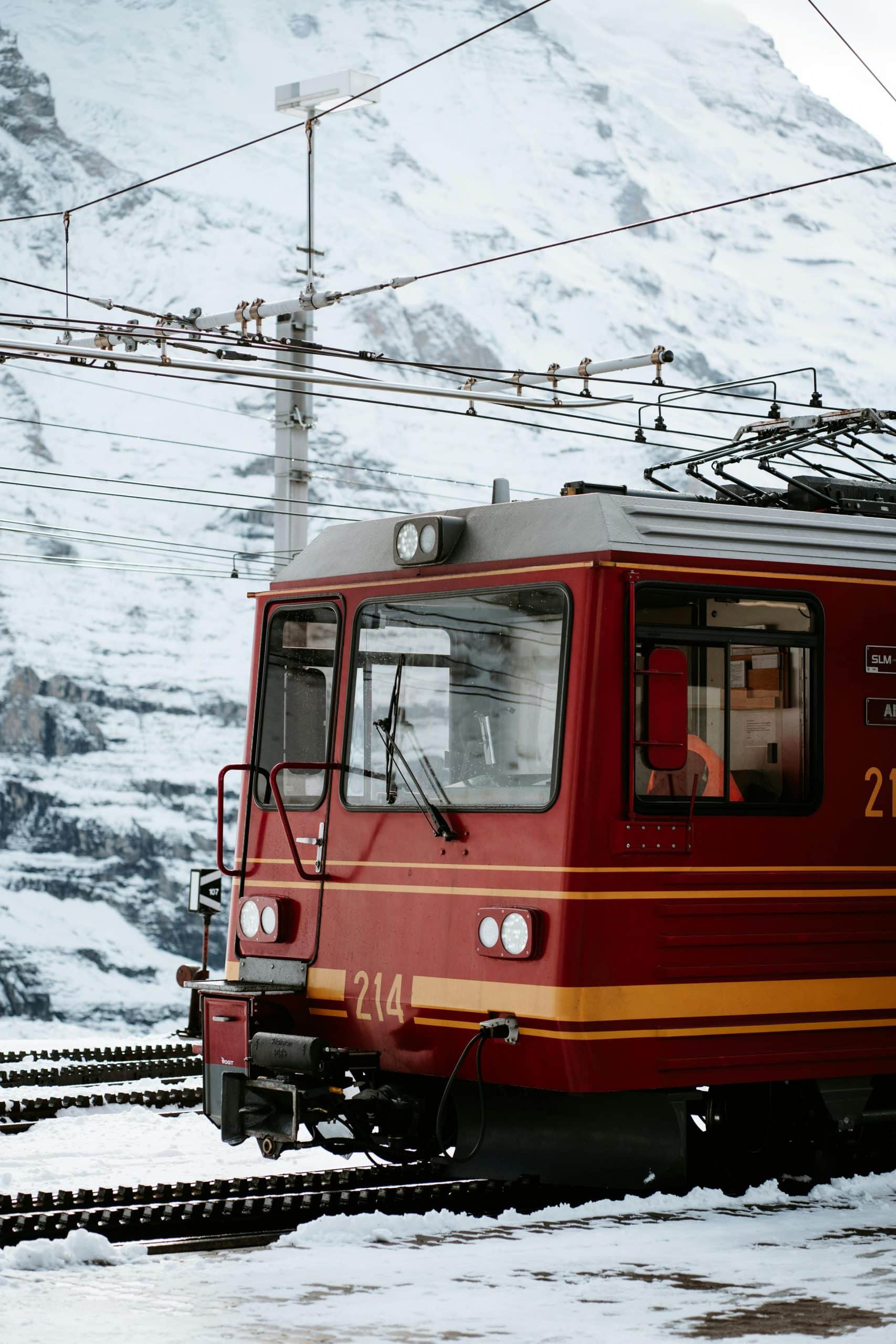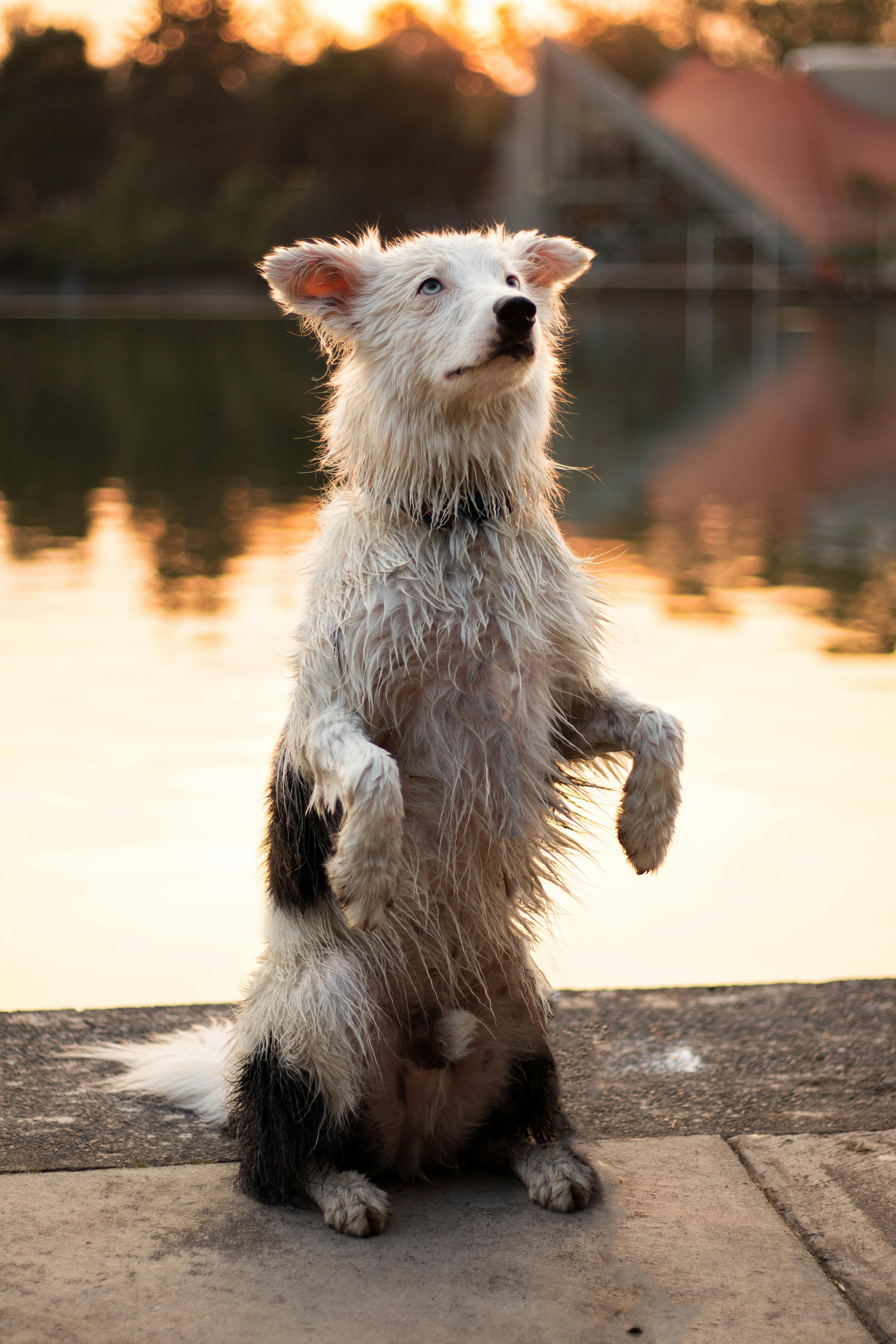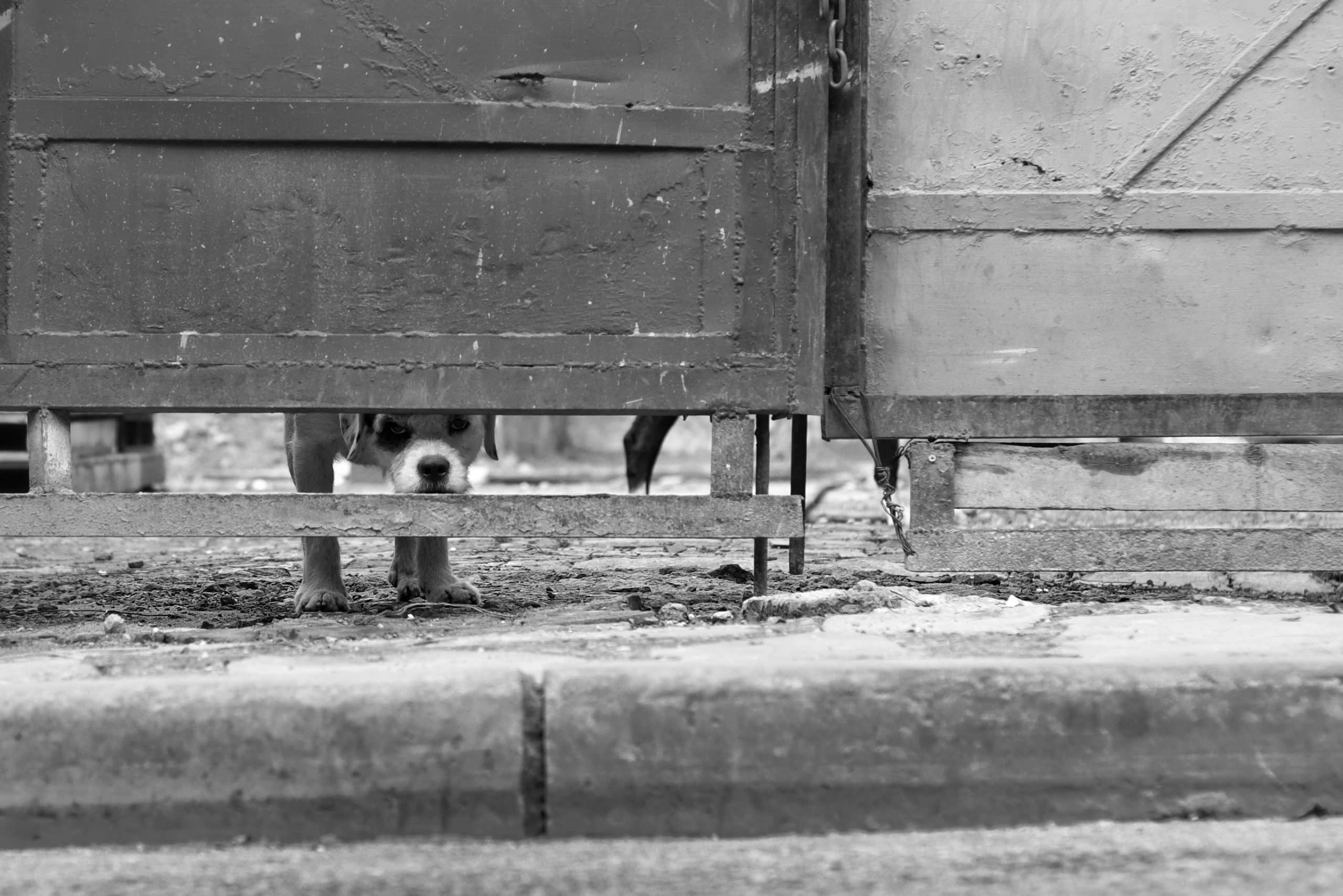In "Mastering The Basics: An Essential Guide To Training A New Puppy," you will find all the necessary information to kickstart your journey in training your new furry friend. From potty training and crate training to teaching basic commands, this article provides practical tips and techniques that will help you establish a strong foundation for your puppy's learning and development. Whether you are a first-time puppy parent or looking to brush up on your training skills, this guide is designed to be your trusted companion in creating a well-behaved and happy canine companion.

This image is property of images.pexels.com.
Choosing the Right Puppy
Bringing a new puppy into your life is an exciting and rewarding experience. However, it is important to choose the right puppy that will fit well with your lifestyle and living situation. One of the first steps in choosing the right puppy is to research different breeds and their temperaments. Each breed has its own unique characteristics, and understanding them will help you determine which breed is best suited for you. Consider factors such as energy levels, size, and temperament.
It is also essential to consider your lifestyle and living situation when choosing a puppy. Are you an active person who enjoys outdoor activities, or do you prefer a more relaxed, indoor lifestyle? Do you live in a house with a backyard, or do you have a smaller living space such as an apartment? These factors will influence the type of puppy that will thrive in your environment.
Once you have done your research and have a good understanding of different breeds and your own lifestyle, it's time to visit shelters and breeders. Shelters are a great option for finding a loving companion while also giving a deserving dog a second chance at a happy life. Breeders, on the other hand, can provide you with more specific information about the puppy's lineage and health history. Visiting both shelters and breeders will give you a chance to meet different puppies and find the one that you connect with the most.
Preparing Your Home for the Puppy
Before bringing your new puppy home, it's important to prepare your house to ensure their safety and comfort. The first step is to puppy-proof the house. Puppies are curious and tend to explore their surroundings with their mouths, so it is crucial to remove any potential hazards. Secure loose cords, store chemicals and medications out of reach, and cover electrical outlets.
Creating a safe and comfortable space for your puppy is also essential. Set up a designated area for your furry friend that includes a cozy bed or crate, food and water dishes, and toys. This will become their safe haven where they can rest and relax.
Gathering essential supplies beforehand will make the puppy's transition smoother. Make sure you have food and water bowls, high-quality puppy food, leash and collar, grooming supplies, and toys. Having these supplies ready will allow your puppy to settle into their new home without any interruptions.
Establishing a Routine
Establishing a routine is crucial for a happy and well-behaved puppy. Having a consistent feeding schedule will help regulate their digestion and prevent accidents in the house. Stick to feeding your puppy at the same times each day and consult with your veterinarian to determine the appropriate portion size for their age and breed.
Potty training is an essential part of establishing a routine. Take your puppy outside regularly, especially after meals and naps, and praise and reward them when they eliminate in the desired spot. Be patient and consistent during this process, as accidents are bound to happen. With time and repetition, your puppy will learn to associate going outside with bathroom breaks.
In addition to feeding and potty training, it's important to incorporate exercise and playtime into your puppy's daily routine. Puppies have plenty of energy to burn, so regular exercise is crucial for their physical and mental well-being. Take your puppy on walks, engage in interactive play sessions, and provide them with plenty of toys to keep them entertained and active.
Socializing Your Puppy
Socializing your puppy is essential for their development and overall well-being. Expose your puppy to different people, environments, and situations to help them become confident and well-adjusted. Take your puppy on walks in various locations, introduce them to friends and family members, and encourage positive interactions with strangers.
Arrange playdates with other dogs to help your puppy learn proper social skills and develop healthy relationships. This will also provide them with much-needed exercise and mental stimulation. Supervise these interactions to ensure that they are positive and that all dogs are comfortable and safe.
Enrolling in puppy socialization classes is another great way to expose your puppy to new experiences. These classes are designed to provide a safe and controlled environment for your puppy to interact with other dogs and people. In addition, professional trainers can offer guidance and advice on how to properly socialize your puppy.

This image is property of images.pexels.com.
Basic Obedience Training
Once your puppy has settled into their new home and established a routine, it's time to start basic obedience training. Teaching simple commands like sit, stay, and come is essential for your puppy's safety and well-being.
Using positive reinforcement techniques is the most effective way to train your puppy. Reward them with treats, praise, and affection whenever they correctly respond to a command. This positive association will motivate them to continue obeying and learning.
Consistency and persistence are key when it comes to obedience training. Set aside short, regular training sessions throughout the day to reinforce the commands. Gradually increase the difficulty level and continue practicing even after your puppy has mastered a particular command.
Handling Behavioral Challenges
As your puppy grows and develops, you may encounter some behavioral challenges. Nipping and biting are common behaviors in puppies, especially during play or teething. It's important to redirect their attention to appropriate toys and discourage biting by giving a firm 'no' and withdrawing attention.
Jumping on people is another behavior that needs to be addressed. Teach your puppy that jumping is not allowed by turning away and ignoring them when they jump. Once they have calmed down, reward them with attention and affection. Consistency and positive reinforcement will help them understand the appropriate behavior.
Chewing and destructive behavior are natural for puppies as they explore their world through their mouths. Provide them with plenty of appropriate chew toys and redirect their attention whenever they start chewing on something they shouldn't.

This image is property of images.pexels.com.
Leash Training and Walking Etiquette
Leash training is an important skill for your puppy to learn. Introduce the puppy to the leash gradually, allowing them to sniff and explore it before attaching it to their collar. Reward them with treats and praise for wearing the leash and make it a positive experience.
Teaching your puppy to walk on a loose leash is essential for enjoyable walks. Use positive reinforcement techniques to reward them for walking calmly beside you without pulling. Be patient and consistent during the training process, as it may take time for your puppy to grasp this concept.
Training your puppy in good walking manners means teaching them to ignore distractions, such as other dogs or squirrels, and to follow your lead. With practice, your puppy will learn to focus on you during walks and enjoy the experience.
Crate Training for Safety and Security
Crate training is a valuable tool for both the puppy's safety and your peace of mind. Introduce the puppy to the crate slowly, allowing them to explore it at their own pace. Start by leaving the crate door open and placing treats and toys inside to create a positive association.
Use positive reinforcement techniques to make the crate a positive space for your puppy. Reward them with treats and praise when they voluntarily enter the crate and spend time inside. Avoid using the crate as a form of punishment, as this can create negative associations.
Gradually increase the amount of time your puppy spends in the crate, starting with short intervals and gradually extending them. Provide them with toys and treats to keep them occupied and make the crate a comfortable and secure place.
Handling Separation Anxiety
Separation anxiety is a common issue in puppies, especially when they are left alone for the first time. To help your puppy adjust to being alone, gradually increase the amount of time you are absent. Start with short absences and gradually build up to longer periods.
Create a calm environment for your puppy when you are away. Leave them with comforting items such as a blanket or a piece of your clothing that has your scent. Playing soft music or using a white noise machine can also help create a soothing atmosphere.
Keep your puppy mentally stimulated during your absence by providing interactive toys and puzzles. These toys can keep them occupied and entertained, reducing their anxiety.
Continuing Education and Advanced Training
Once your puppy has mastered basic obedience commands, it's beneficial to enroll them in intermediate obedience classes. These classes will provide additional socialization opportunities and expand on their existing training.
Teaching advanced commands, such as off-leash recall or tricks, can be a fun and challenging way to continue your puppy's education. These advanced commands will further strengthen the bond between you and your puppy and improve their overall obedience.
Exploring fun and challenging training activities, such as agility or scent work, can provide mental and physical stimulation for your puppy. These activities tap into their natural instincts and abilities and can be a great way to keep them engaged and happy.
Remember, training is an ongoing process, and consistency is crucial. With time, patience, and plenty of positive reinforcement, your puppy will grow into a well-behaved and happy adult dog. Enjoy the journey and cherish the special moments with your furry friend!


